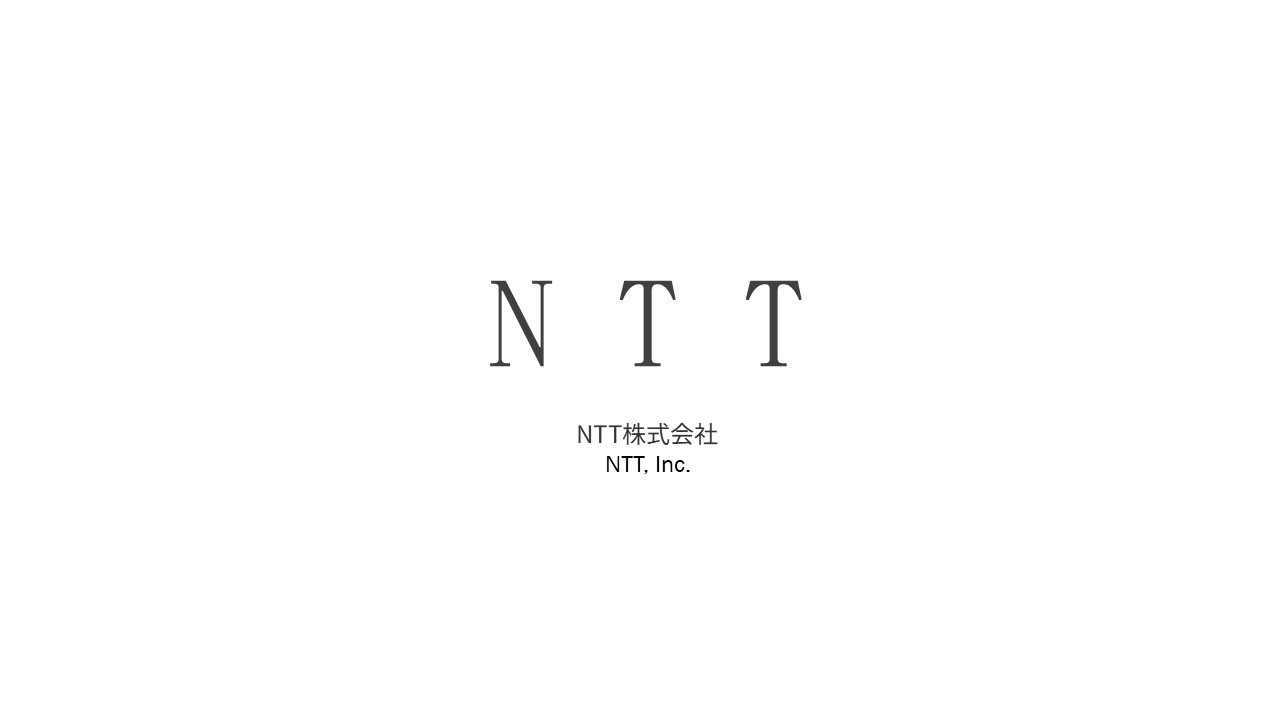The first Japanese stock to be featured on this blog is NTT. It is the largest telecommunications company in Japan and is also promoting global business. I believe that telecommunications is an essential infrastructure for Japanese companies to expand overseas in the future, so I hope that NTT will continue to do its best to promote the overseas expansion of Japanese companies.
- Basic information
- Ministry of Posts and Telecommunications era (before 1952)
- Nippon Telegraph and Telephone Public Corporation (1952-1985)
- Founding and privatization of NTT (1985)
- Reorganization of the NTT Group (1999)
- Becoming a wholly owned subsidiary of NTT Docomo (2020)
- Becoming a wholly owned subsidiary of NTT Data (2025)
- NTT’s business structure
- NTT’s Strengths
- NTT’s Challenges
- NTT’s Future Strategy
- NTT Competitive Comparison
- Stock price&stock price yield
- Summary
Basic information
Ministry of Posts and Telecommunications era (before 1952)
Japan’s telecommunications industry was managed by the Ministry of Communications (the predecessor of the current Ministry of Internal Affairs and Communications).
Nippon Telegraph and Telephone Public Corporation (1952-1985)
After the war, the Japanese government unified the telegraph and telephone businesses and established the Nippon Telegraph and Telephone Public Corporation (NTT), which developed a nationwide communications infrastructure.
Founding and privatization of NTT (1985)
As part of the Japanese government’s privatization policy, Nippon Telegraph and Telephone Public Corporation was privatized as NTT (Nippon Telegraph and Telephone Corporation).
Reorganization of the NTT Group (1999)
Due to government regulations, NTT was restructured into three operating companies:
NTT East (fixed-line communications in eastern Japan)
NTT West (fixed-line communications in western Japan)
NTT Docomo (mobile communications)
In addition, NTT Communications, responsible for the IT field, and NTT Laboratories (NTT R&D), responsible for research and development, were established.
Becoming a wholly owned subsidiary of NTT Docomo (2020)
In 2020, NTT acquired NTT Docomo as a wholly owned subsidiary, strengthening its competitiveness in the telecommunications industry.
Becoming a wholly owned subsidiary of NTT Data (2025)
In 2025, NTT acquired NTT Data as a wholly owned subsidiary, strengthening its competitiveness in the System Integration industry and Global business.
NTT’s business structure
NTT’s main businesses are as follows:
Telecommunications business
- NTT Docomo (Mobile communications: Smartphones, 5G)
- NTT East and NTT West (Fixed-line and fiber-optic lines: FLET’S Hikari)
IT Services/Cloud
- NTT Data (Japan’s largest SIer, systems development)
- NTT Docomo business (Cloud, IT Solution)
Smart City Infrastructure
- NTT Urban Solutions (Real Estate and Urban Development)
- NTT Facilities (Power and Energy Management)
Research and Development
- NTT Laboratories (NTT R&D)
- Developing quantum computers, AI, and next-generation networks (IOWN)
NTT’s Strengths
Japan’s largest communications infrastructure
- Expanding fiber optic networks across Japan
- Owns 5G base stations and data centers
High technological capabilities (NTT R&D)
- IOWN (Innovative Optical and Wireless Network): Developing next-generation optical communication technology
- Quantum cryptography: Research into secure communication technology
IT services for government agencies and large corporations
- NTT DATA is one of Japan’s largest system integrators, supporting systems for government agencies and financial institutions.
NTT’s Challenges
Intensifying competition in the communications market
- Competition with Rakuten Mobile, KDDI, and SoftBank
- Decrease in revenue due to the spread of low-cost SIM cards
Presence in overseas markets
- The domestic market is stable, but the sales ratio of overseas businesses is low
- Taking on global competition in the fields of 5G and cloud computing
NTT Law Regulations
- Under the NTT Act, NTT is obligated to maintain a minimum government shareholding ratio of 1/3.
- vulnerable to government influence
NTT’s Future Strategy
IOWN (Next Generation Communication Technology)
- Optical network achieving communication speeds 100 times faster than conventional networks
- Reduced power consumption reduces environmental impact
6G development
- Developing 6G as the next generation technology after 5G
- Aiming for commercialization around 203
Global expansion
- Strengthening overseas data center business
- Accelerating expansion into North American and European markets
NTT Competitive Comparison
| Company | Main Business | Strengths |
|---|---|---|
| KDDI | Communications, Finance, and Entertainment | The au brand and financial services are strong |
| Softbank | Communications and Investment | Growth through AI and investment businesses |
| Rakuten-Mobile | Communication/EC | Price competitiveness |
Stock price&stock price yield
| Fiscal year end (~March) | Annual dividend (yen/share)* | Dividend yield guideline |
|---|---|---|
| Fiscal year ending March 2022 | Approximately 4.8 yen | Approximately 9.1% |
| Fiscal year ending March 2023 | Approximately 4.9 yen | Approximately 2.1% |
| Fiscal year ending March 2024 | Approximately 5.2 yen | Approximately 6.1% |
| Fiscal year ending March 2025 | Approximately 5.25 yen | Approximately 3.3%〜3.4% |
| Fiscal year ending March 2026 (forecast) | Approximately 5.30 yen | Approximately 3.3%〜3.4% |
- Yen/share is based on rounding and display of data.
- Yield is an estimate based on the simple calculation of “annual dividend ÷ share price”, and may vary depending on share price fluctuations, the impact of stock splits, and the time of display, so please use it as a guide only.
Summary
✅ NTT is Japan’s largest telecommunications company and is driving technological innovation in areas such as 5G, cloud computing, and AI.
✅ NTT Docomo, NTT Data are the core companies behind the business.
✅ IOWN focuses on future technologies such as quantum computing and smart cities
✅Overseas expansion is an issue, and there is a need to strengthen competitiveness in the global market.
The unit share number has also become smaller, making it an easy stock to buy, so if you have some spare cash, it might be a good idea to keep an eye on the stock price movements and buy at the right time!!
*Please note that the information is accurate at the time of research and may be subject to change in the future.
*Invest at your own risk!


コメント